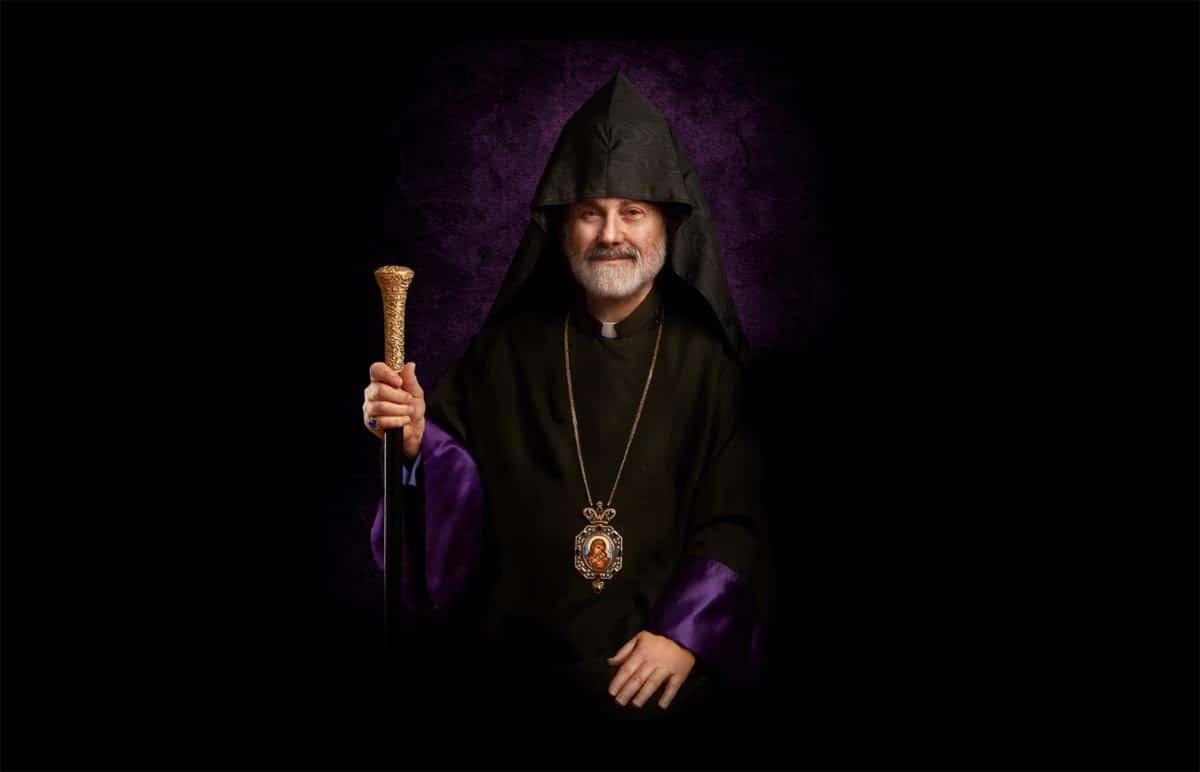The Prelate’s Sermon
(Sunday, July 31)
Today, on the second Sunday of the Transfiguration of our Lord Jesus Christ, the Gospel reading is from St. Matthew 18:10-14. Our Lord teaches not to despise the little ones. He warns that their angels continually see the face of God. He also points that when a sheep goes astray, the shepherd goes in search of the lost one, and when he finds it, he rejoices. Thus, Jesus concludes His teaching by saying, “So it is not the will of your Father in heaven that one of these little ones should be lost.” This passage, regardless of its short, content carries a powerful message. I would like to share the following thoughts which apply to all of us.
- Our Lord Jesus Christ, through this parable, highlights the vigilance of the shepherd. As soon as the shepherd notices the absence of one sheep, accordingly he takes action. After securing the safety of the ninety-nine sheep who have remained inside the flock, he goes after the lost one.
- The sheep, even though he has gone astray, is lucky that before the fall of darkness or meeting any threat of life, he was found by its master.
- The sheep was returned to the main flock due to the commitment of the shepherd who has taken on considerable risk to locate the lost sheep. He invites his friends to share in his joy upon the safe return.
This simple parable emphasizes the importance of each and every individual. Our society is so much embedded with the notions of globalization and mass production that we forget the value of individuals and small things. For God, every single person is priceless because every person is made in divine image and likeness.
God, as the Shepherd par excellence, is ever watchful. An Armenian hymn eloquently proclaims: “The shadow of Your right hand protects us, and the One who shepherds Israel and never sleeps.” God looked out for His first created human being when he sinned and asked: “Where are you, Adam?” (Gen 3:9). He questioned Cain right after he slaughtered his brother (Gen 4:9). He said to Moses, “Surely the cry of the Israelites has reached Me” (Ex 3:7-14,) and also through His prophets sent the messages of hope and warnings to His chosen people. Eventually, in the fulfillment of time, the Father sacrificed His Only Begotten Son (Heb 1:1ff).
While the shepherd went after the lost sheep, and after finding it, carried it on his shoulder, brought it back to the flock, and invited his friends for celebration, our Lord Jesus Christ not only put at risk His life but literally sacrificed His own life, carried on His shoulders the instrument of Salvation, and bringing back lost mankind to the Heavenly Father’s flock with the celestials, celebrated the Redemption of the earthly creation.
Most often, we personify the lost sheep in terms of youthfulness, because many young people follow their own will and aspirations. Yet, this parable regardless of age, gender or color, is addressed to all of us without exception as part of rational flock of Divine Shepherd. As in the Confession of sins we say “I have sinned knowingly and unknowingly, willingly and unwillingly” with the blinking of eye we go astray for different reasons, and the wolves of this world, deceiving with sheep’s clothing (Mt 7:15), entrap and soon devour us.
The parable of the lost and found sheep does not always end happily in all circumstances. The lost and found sheep is inclined to go astray due to individual weaknesses and other factors. The sacrifice for our sake is ignored, and freely granted grace is disregarded. Today, the Church invites us as physical, intellectual and spiritual sheep, to pasture under the watchful sight of the Divine Shepherd and to praise the All-Holy Trinity. Amen.

